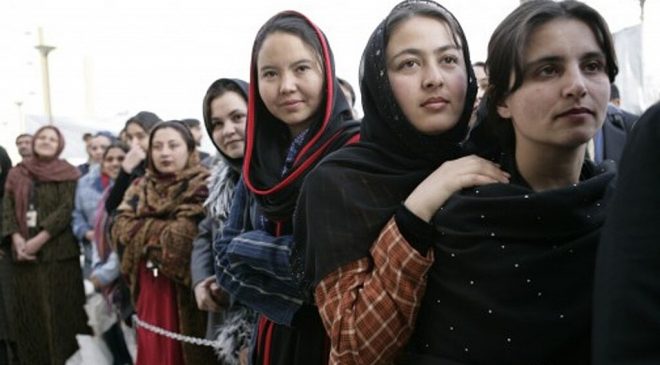
As we commemorate the second anniversary of the Taliban’s seizure of control in Afghanistan on August 15, many Afghans are pondering the dashed aspirations and ambitions we held for a more promising future. Some of us are concealed within Afghanistan, while others are dispersed across the globe.Afghanistan grapples with one of the world’s most dire humanitarian crises, with two-thirds of its population grappling with hunger and over three million children enduring severe malnutrition.
The nation also records one of the globe’s highest infant mortality rates, and a significant number of women lose their lives due to pregnancy-related causes, the majority of which could have been prevented. A doctor in Samangan province recently conveyed, “Afghanistan has transformed into a living nightmare.”The Taliban leadership shoulders the blame for disregarding the fundamental rights of the Afghan populace, implementing policies and regulations that are deeply misogynistic and have nearly obliterated women’s presence in public life, barred them from education and employment, and curtailed their mobility.
These restrictions the Taliban imposes on women also hinder the efforts of aid organizations. Given the Taliban’s demonstrated disregard for human rights, it is crucial for nations engaging with them to exert pressure for a reversal of these oppressive policies.In my role as a human rights advocate, I’ve been engaging with diplomats and donor communities worldwide to help them grasp our concerns. I firmly believe that countries that were involved with Afghanistan over the past two decades also hold a responsibility to ensure that the actions of the Taliban do not lead to the punishment of the Afghan people.
Similarly, the people of Ukraine are enduring immense adversity, prompting global discussions on how to hold those responsible for the conflict accountable. Conversations revolve around potential national and international investigations, the UN Human Rights Council’s Independent International Commission of Inquiry, and the International Criminal Court’s arrest warrant for Vladimir Putin. While the prospect of meaningful justice remains uncertain, the focus on accountability in Ukraine has been unprecedented.Equally deserving of accountability are the Afghan people. The International Criminal Court does possess a mandate in Afghanistan, with preliminary inquiries initiated as early as 2006. Following numerous interruptions and confrontations involving the U.S. regarding ICC investigations into American personnel’s torture, the prosecutor’s office has resumed its inquiry.
Yet, public outcomes are still pending, and regrettably, the prosecutor has indicated a de-prioritization of investigating abuses under the former U.S.-backed Afghan government and U.S. forces. This is concerning as the climate of impunity surrounding these abuses perpetuates cycles of violence.As a refugee myself, I am familiar with the experience of witnessing one’s country succumb to violence and feeling that one’s homeland is no longer a safe haven. The global community’s open embrace of Ukrainian refugees amazed me – this is how it should be. I hope that we can extend the same compassion to Afghans and all refugees globally. A beautiful poem by the 13th-century Persian poet Saadi Shirazi echoes this sentiment, stating: “Human beings are parts of a whole, in creation of one essence and soul. If one member is afflicted with pain, others will remain uneasy.”
